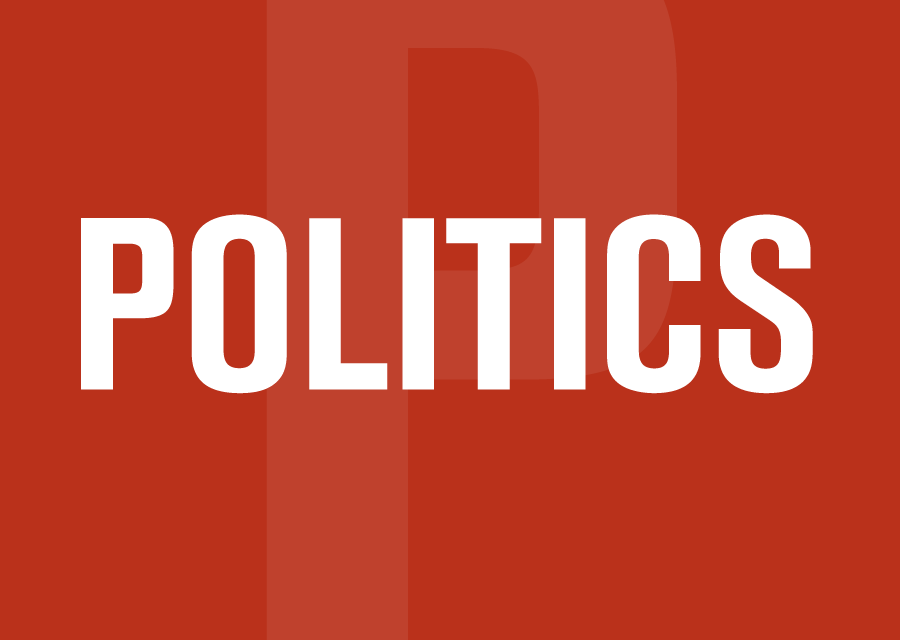Bait-and-switch is when a merchant advertises a product at a low-low price with the aim of tricking customers into buying something more expensive. The O’Toole Conservatives’ platform, revealed in its entirety this week, reverses the process. The big expensive promises they put in the window to lure voters turned out to be facade – Tiffany’s fronting a five-and-dime.
After weeks of boasting about a platform implying they had plans for spending on health and day care to match the other parties, costing provided through the Parliamentary Budget Office revealed the moth-eaten tackiness of Conservative commitments.
The ballyhooed $60 billion over ten years in health transfers to the provinces turned out to cost only $3.6 billon between now and 2026. By contrast the Liberals, as I reported last week, have promised to pump an additional $25 billion into health care over the next five years, starting with $6 billion this year to eliminate surgical backlogs.
( To digress, there’s nothing especially nefarious about the measly health transfer amount, which is the result of the impact of the pandemic on the health transfer funding formula. The formula sets a floor for annual increases based on greater of three per cent or nominal growth of GDP. Coming out of the pandemic, GDP growth this year and next is expected to average around six per cent. The Conservatives – lucky for them – could meet the six-per-cent target by adding only $3.6 billion to what’s already forthcoming under the existing arrangement. Funny the Liberals didn’t figure that out and beat the Conservatives to the punch on the six-per-cent promise.)
And then there’s the Conservatives’ childcare platform plank, promoted for weeks as a parent-friendly alternative to the $30 billion Liberal plan they criticized as “one size-fits all.” It’s costed at just $2.6 billion in the form of refundable tax credits, with annual cost to government dropping steadily from $900 million this year to a nearly invisible $120 million in four years.
Spending elsewhere
So what will they do with all that money saved by shortchanging health care and childcare? Certainly not deficit reduction – that’s so pre-pandemic. They plan to spend it on an array of items holding one pleasant surprise, and a whole list of predictable stuff. The surprise is the promise to spend about $6 billion a year to double the Canada Workers Benefit to a maximum of $2,800 a year for a single low-wage worker and $5,000 a year for families. The benefit should pull some workers above the poverty line and many more closer to crossing it. But as O’Toole himself mentioned, a $1 per hour increase in the minimum wage would have the same impact.
The increased Workers Benefit is an indirect subsidy to business, joining the direct primary beneficiaries of Conservative platform promises – corporations, small businesses and the government of Alberta. A proposed post-pandemic Canada Jobs Surge Plan would offer a wage subsidy to companies taking on new workers. That would cost $7.6-billion over two years. Tax credits to encourage capital investments would cost $13.8-billion over three years. There is also $2.2 billion this year to help small business recover from the pandemic and about $2.4 over two years in rebates and tax credits for people who go out to dine or take a Canadian vacation next year.
As for Alberta, the province is in line for a good chunk of the $9.7 million earmarked for “Fiscal Stabilization and Provincial Agreements.” The Liberals recently enriched the Fiscal Stabilization Program, set up decades ago to provide federal assistance when a province is hit by a sudden drop in revenue. Jason Kenny called the federal offer a “slap in the face” and demanded another $4.6-billion. Although Saskatchewan and Newfoundland and Labrador would also benefit from the promise, Conservative officials have indicated that about 80 percent of the cash would go to Alberta.
That should make Kenny and the premiers of the other two provinces happy, but the platform details may not sit quite so well with other provincial premiers, such as Nova Scotia’s Tim Houston and the Tory premiers of New Brunswick and Prince Edward Island who could use a dollop of the promised Liberal cash-$300-million this year alone – to tackle some of the problems in their health care systems.
But those premiers are of little significance in the grand scheme of O’Toole’s Conservatives. Quebec’s Francois Legault is another matter. The outspoken nationalist panned the Liberals, NDP and Greens after Wednesday’s French-language leaders’ debate, saying the three parties are “dangerous” because they “want to give us less autonomy.”
O’Toole’s willingness to pander to Quebec nationalism has attracted Legault to the Conservative bijouterie, despite the fact that the Conservatives rejection of national childcare jeopardizes a promised $6 billion transfer from the Trudeau government. Now with platform details revealing that Conservative health promises belong in the same bargain bin as childcare, Legault may decide to go shopping elsewhere. He has been the leader in provincial demands for an immediate $28-billion increase in health transfers. Will he be comfortable tacitly supporting a federal party promising zero immediately and just $3.6 over four years? The plot, involving all of those famously volatile Quebec seats, thickens.
Meanwhile further east, older voters in Atlantic Canada who’ve rejected the Conservative Party of Harper and Scheer and may be thinking O’Toole represents a return to the Red Tory tradition of Robert Stanfield and Joe Clark should heed the old adage – buyer beware.
-30-




